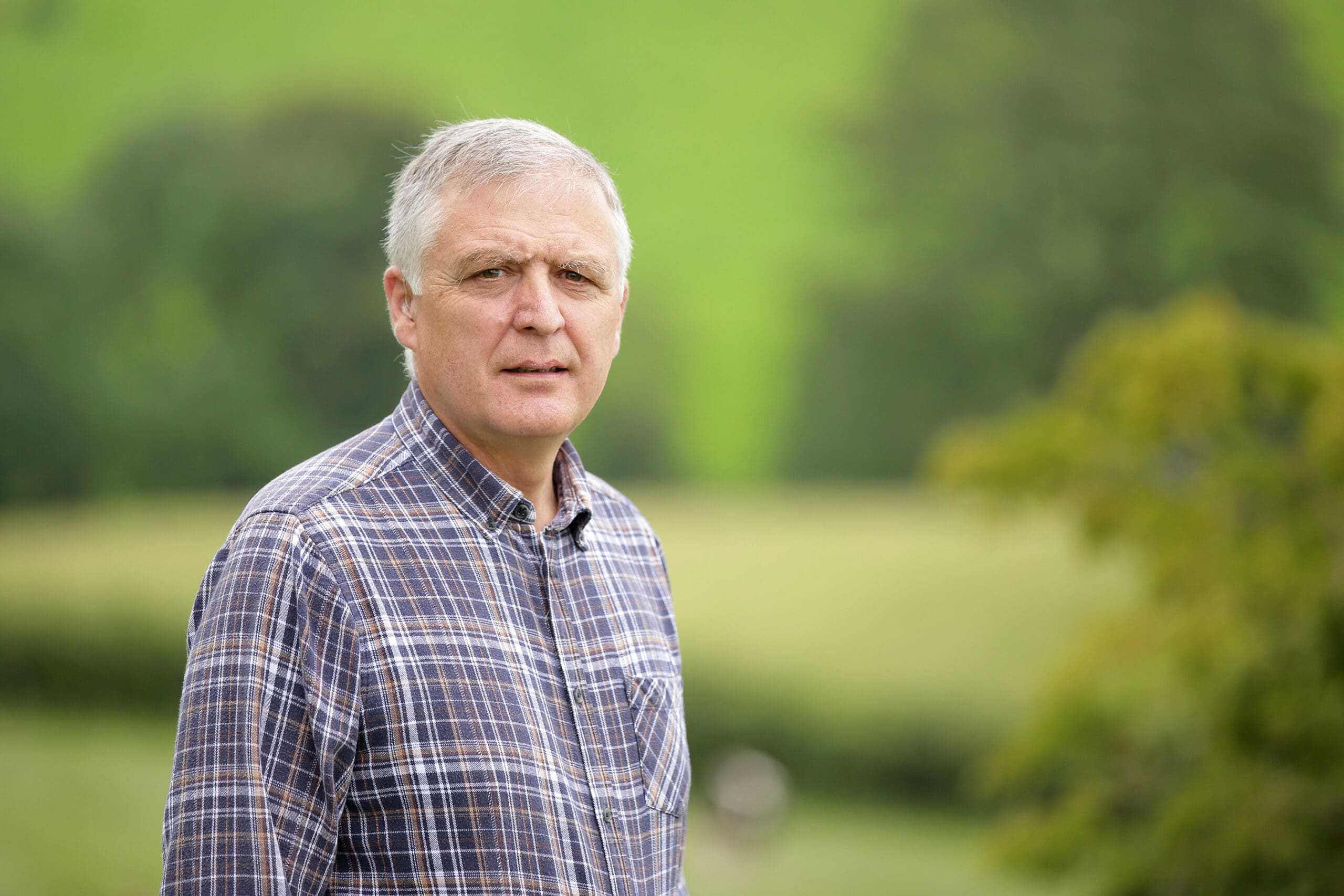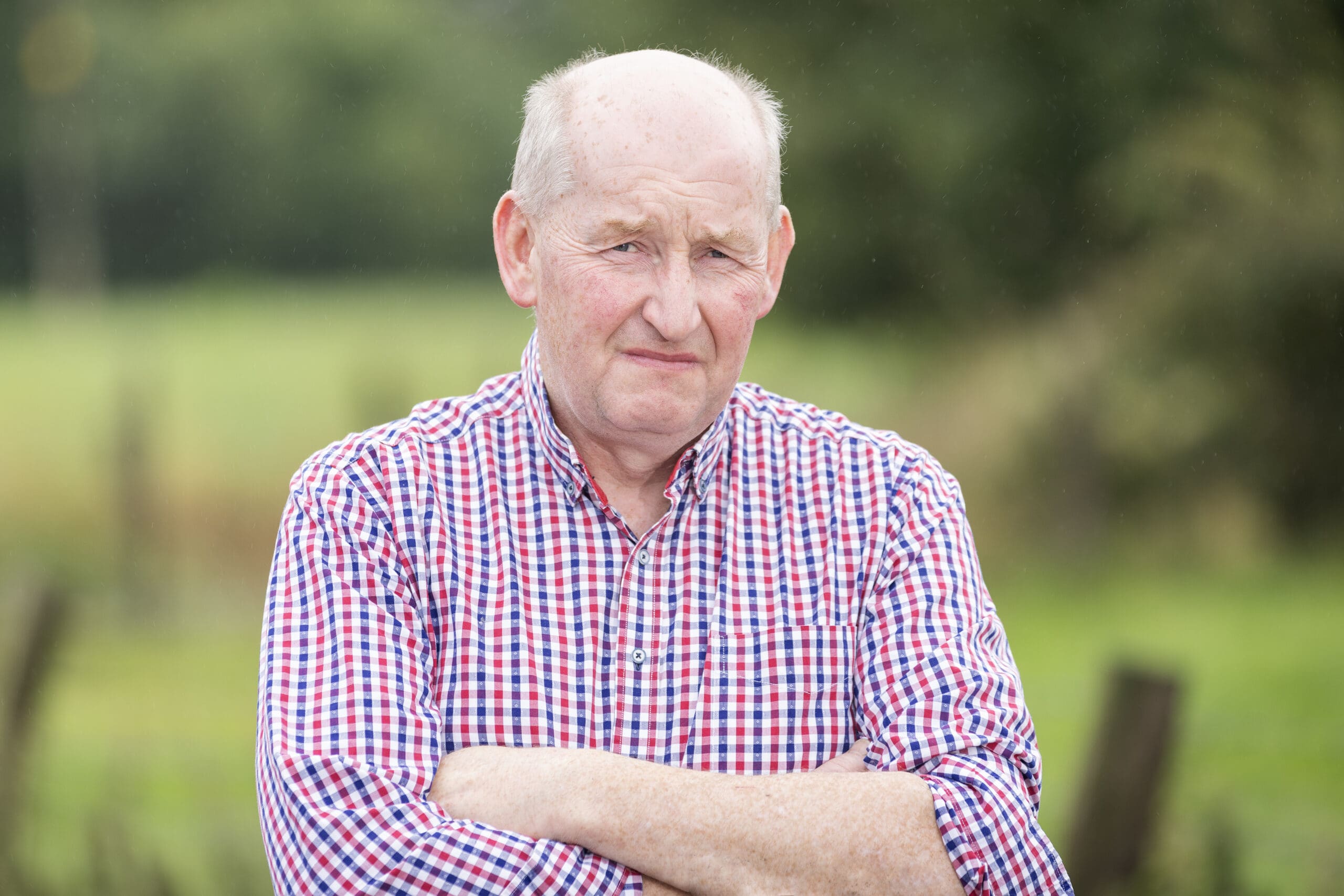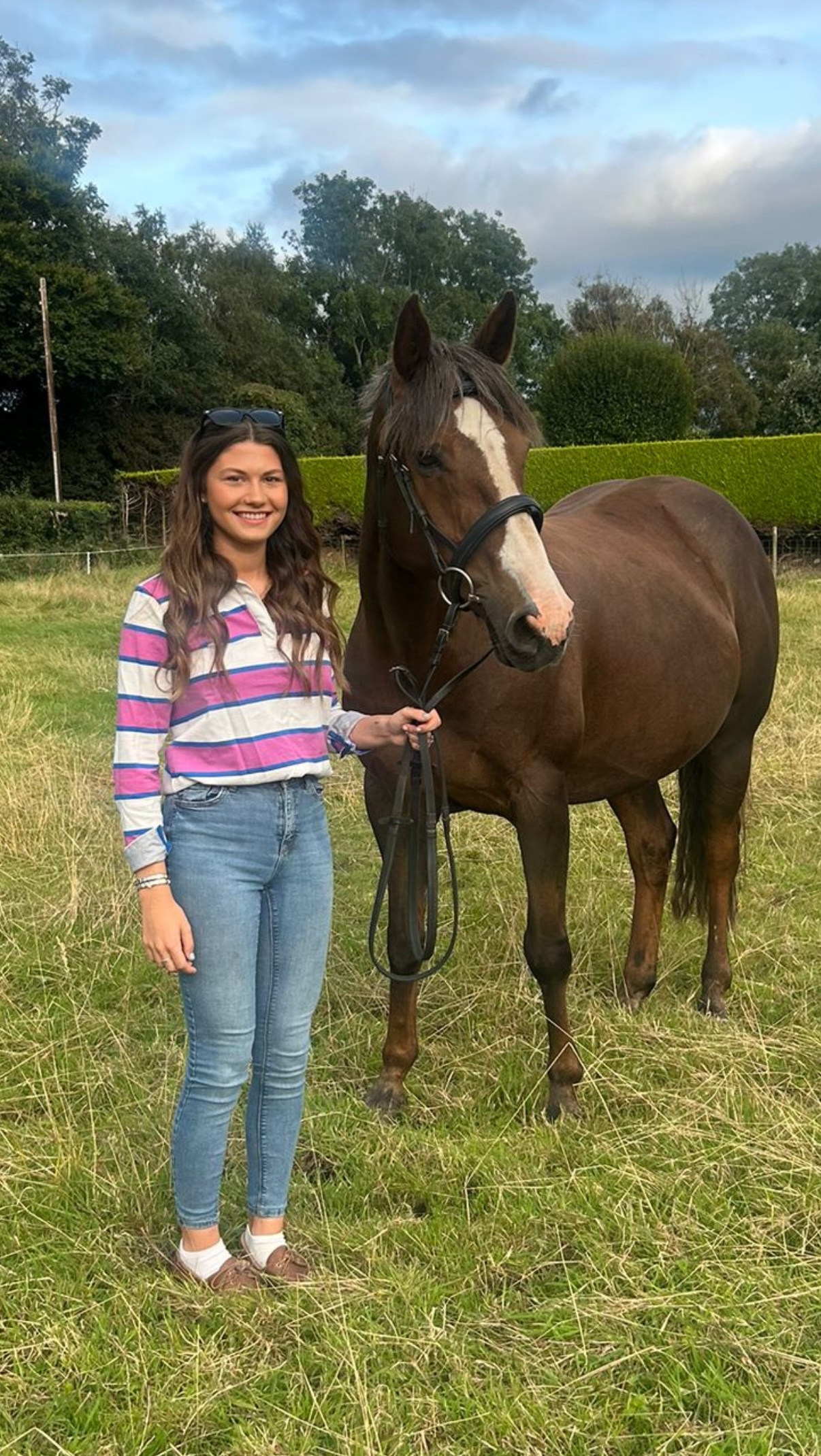
UFU president William Irvine on his County Armagh farm. Picture: Cliff Donaldson
The Ulster Farmers’ Union has strongly criticised the long-overdue launch of the Nutrients Action Programme (NAP) consultation by DAERA, calling the current proposals deeply unbalanced, unfair and disconnected from the reality of farming in Northern Ireland. While farmers remain fully committed to playing their part in improving water quality, the UFU warns that these proposals fail to reflect the complexity of on-farm decision making and risk undermining both environmental progress and farm viability.
UFU president William Irvine said, “Farmers are not shying away from their responsibilities. For the last twenty years, since NAP was first introduced, we have been implementing practices to improve water quality. We fully recognise the need to protect and improve water quality, but it must be done in a way that’s balanced, fair and grounded in the day-to-day realities of farming in NI. The proposals within NAP reflect a clear disconnect with local agriculture and fail to deliver what’s truly needed.”
DAERA Minister Andrew Muir has repeatedly highlighted four key principles in tackling water quality issues in Lough Neagh: education, enforcement, incentivisation and regulation. However, the current proposals lean heavily towards enforcement and regulation, with very little emphasis on providing meaningful education, incentives or collaboration with farmers. This imbalance is deeply concerning and signals a penalising approach rather than a supportive one.
“Farmers are tired of being the go-to scapegoats for environmental issues with regulations that give the impression that they need to be kept in check. They live and work on this land. The health of Lough Neagh and its surrounding landscape matters to them not only professionally, but personally. What’s missing from these proposals is any real attempt to engage with the farming community. Instead of investing in practical support and building trust, DAERA seems content to pile on more red tape and penalties.
“A constructive, working relationship between farmers and the Northern Ireland Environment Agency (NIEA) is essential, but that relationship must be built on understanding and mutual respect. Without this foundation, the likelihood of long-term success in improving water quality could be seriously undermined,” said Mr Irvine.
The NAP proposals overlook the need to allow time for the Soil Nutrient Health Scheme (SNHS) and the Sustainable Use of Livestock Slurry (SULS) projects to deliver results. Instead, the immediate burden of strict new rules could jeopardise sustainable food production in NI.
“The SNHS and SULS could make a real difference by helping farmers improve the environment through cooperation. But bringing in more rules before these schemes have had time to deliver value, shows there’s no clear or coordinated plan,” said Mr Irvine.
The UFU is also deeply concerned about the push for mandatory adoption of Low Emission Slurry Spreading Equipment (LESSE), especially its disproportionate impact on small and medium-sized family farms.
“We opposed this during the ammonia consultation and we oppose it now. For many farms, this equipment is simply unaffordable without proper financial backing and totally impractical for small family farms. Imposing this requirement on small and medium farms is unjust and unworkable,” said Mr Irvine.
The current NAP proposals would add even more complexity to an already complicated system, creating extra red tape and increasing bureaucracy for farming families who are already doing their best to comply.
“We need workable, realistic policies, not more pressure piled onto farmers who are already doing their best. Our members are committed to protecting the environment, but they need to be treated as partners, not targets.
“The UFU will now take time to scrutinise the full proposals and will respond with a detailed, robust submission to ensure our members’ voices are heard loud and clear. We will provide further comment in due course.”




